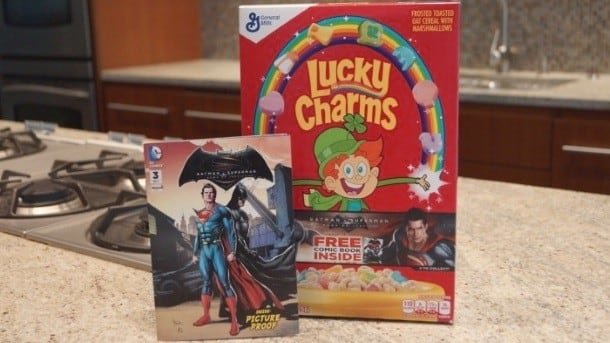Advertising agency JB Chicago is currently working with three brands to strike licensing deals with major CPG companies. Its goal is to make these local products available across the US by leveraging bigger companies’ sales, marketing and distribution power without the costs involved, Gaither said.
“[Licensing] really allows me to jumpstart business growth. Instead of [just] growing $1.2m or $1.8m (in revenue) in a region, I can grow the brand nationally,” he said.
Generally, there are two types of licensing deals, according to Euromonitor: One occurs when an existing food and beverage company expands into other categories through licensing, such as Tango popcorn (Tango is a British soft drink brand); the other is a non-food/beverage company’s extension into food and beverages through licensing, such as the Men’s Health snack ranges.
Fad versus trend
Gaither noted snack brands must “hold onto the the stories behind their brand, as that’s the difference between fads and trends,” especially when it comes to signing licensing deals with movie production companies.
General Mills has in the past collaborated with Warner Bros, DC Comics and Disney to launch cereal packaging that features superhero characters, as well as Star Wars-related promotions.
Companies need to know the difference between a trend and a fad, which is “something that seems dated in six months,” said Gaither.
“For example, as a sports drink company, I want to be associated with a professional football player or someone who can influence [my consumers].”
However, “most movies are fad-oriented,” which might not be helpful in terms of building a long-term story for the products.

“The current trend is [to get involved license-wise] with early-stage natural products, not another Disney character,” he said.
Snacks: potential target
The licensing business in the snack category is growing, according to Euromonitor.
The market researcher's latest report showed packaged food is still a “big growth area for brand and lifestyle licensing,” with savory snacks being one of the categories that is a good potential target.
Brand and lifestyle licensing occurs when a brand expands beyond its core category through licensing partnerships and collaborations.
According to the Licensing Industry Merchandisers’ Association (LIMA), brand and corporate property is the second largest type of licensing after character and entertainment, valued at $54.6bn, accounting for 21% of total retail revenues in licensing globally.
The motivation behind licensor expanding packaged food is partly due to its “shelf space stability,” said Utku Tansel, strategy analyst of licensing at Euromonitor.
“Savory snacks - and popcorn in particular - have been the choice of a number of trademarks expanding into foods in recent years," he said, noting the category anticipates a 4% CAGR over the next five years globally.
